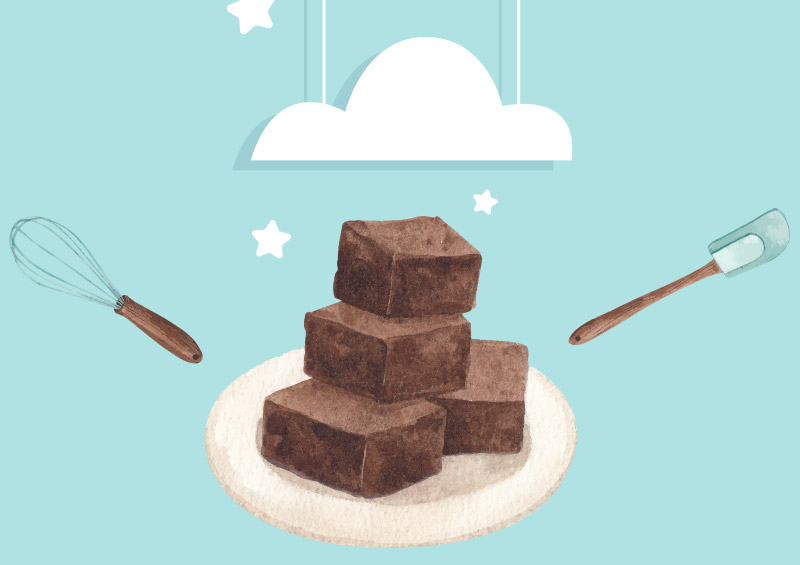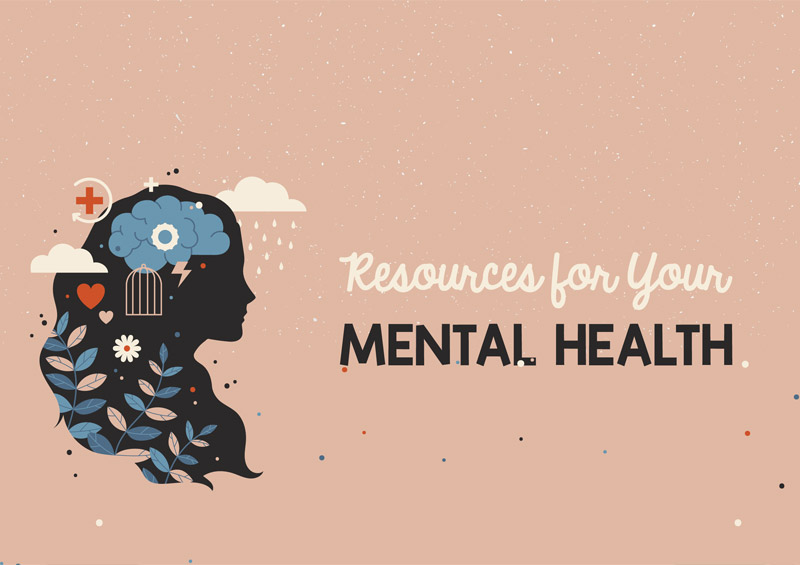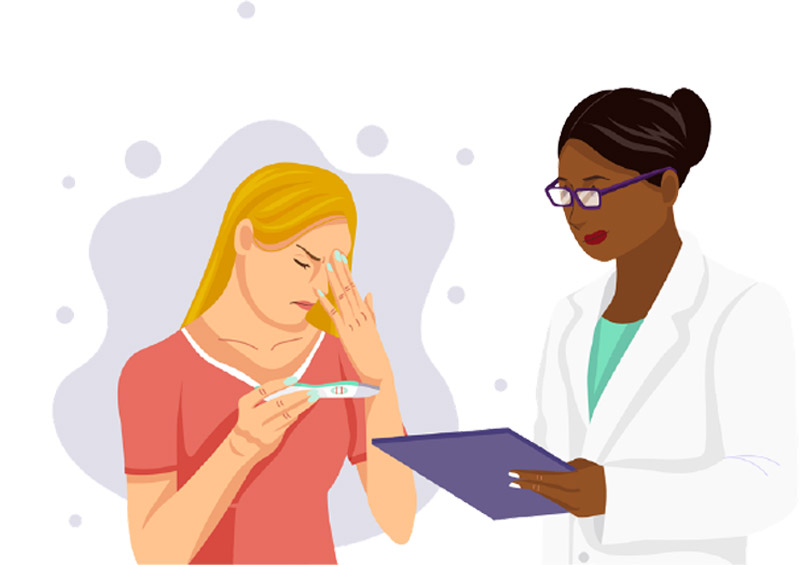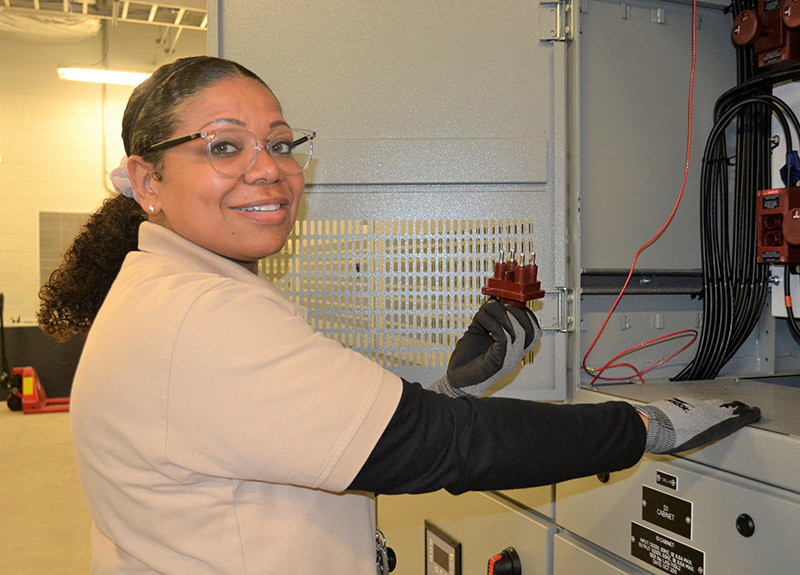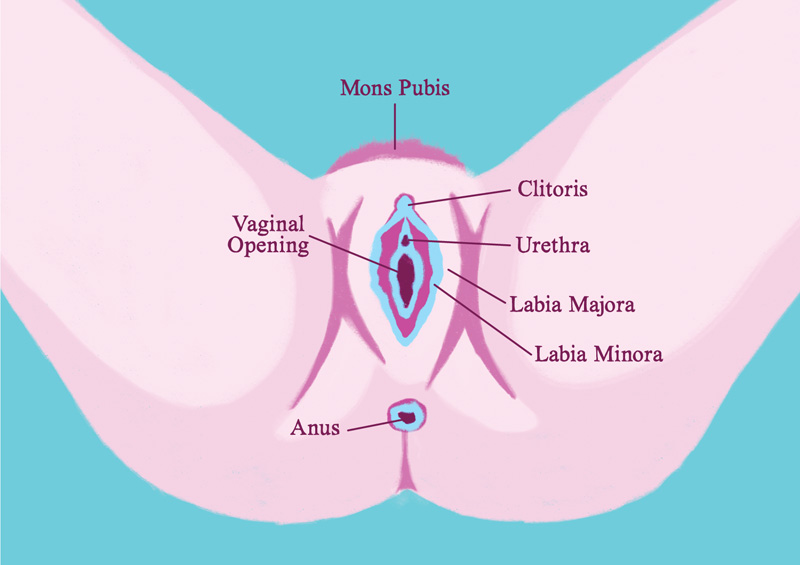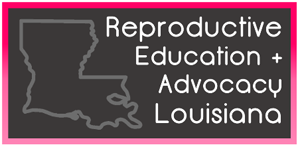Kids First Tiger Care
2633 Napoleon Ave., Suite 707
New Orleans, LA 70115
(504) 299-9980
Children’s Pediatrics Westbank
829 Barataria Blvd.
Marrero, LA 70072
(504) 368-7337
Children’s Hospital River Ridge Clinic
9605 Jefferson Hwy. E
River Ridge, LA 70123
(504) 738-1604
Tulane Adolescent and Young Adult Health
711 N. Broad St.
New Orleans, LA 70119
(504) 988-0000
611 N. Rampart St.
New Orleans, LA, 70112
(504) 584-1112
Crescent Care
1631 Elysian Fields Ave.
New Orleans, LA 70117
(504) 207-2273
Note: This center only offers STD testing; it does not provide birth control.
LOUISIANA DEPARTMENT OF HEALTH
Jefferson Parish – Marrero
1855 Ames Blvd.
Marrero, LA 70072
(504) 349-8802 ext. 237
Jefferson Parish – Metairie
111 N. Causeway Blvd.
Metairie, LA 70001
(504) 838-5100 ext. 139
Orleans Parish
Delgado Personal Health Clinic
517 N. Rampart St.
New Orleans, LA 70112
(504) 658-2540
Planned Parenthood
4636 S. Claiborne Ave.
New Orleans, LA 70125
(504) 897-9200
St. Thomas Community Health Center
1936 Magazine St.
New Orleans, LA 70130
(504) 529-5558
LSU/Crescent Care Sexual Health Center
3308 Tulane Ave., 5th floor
New Orleans, LA 70119
(504) 293-6899
Note: This center only offers STD testing; it does not provide birth control.
Access Health Louisiana
234 Loyola Ave., Suite 300B
New Orleans, LA 70112
(504) 226-2976
EXCELth
New Orleans East
9900 Lake Forest Blvd., Suite F
New Orleans, LA 70127
(504) 620-0500
Gentilly
2050 Caton St.
New Orleans, LA 70112
(504) 620-9868
Algiers
4422 General Meyer Ave., Suite 103
New Orleans, LA 70131
(504) 526-1179





